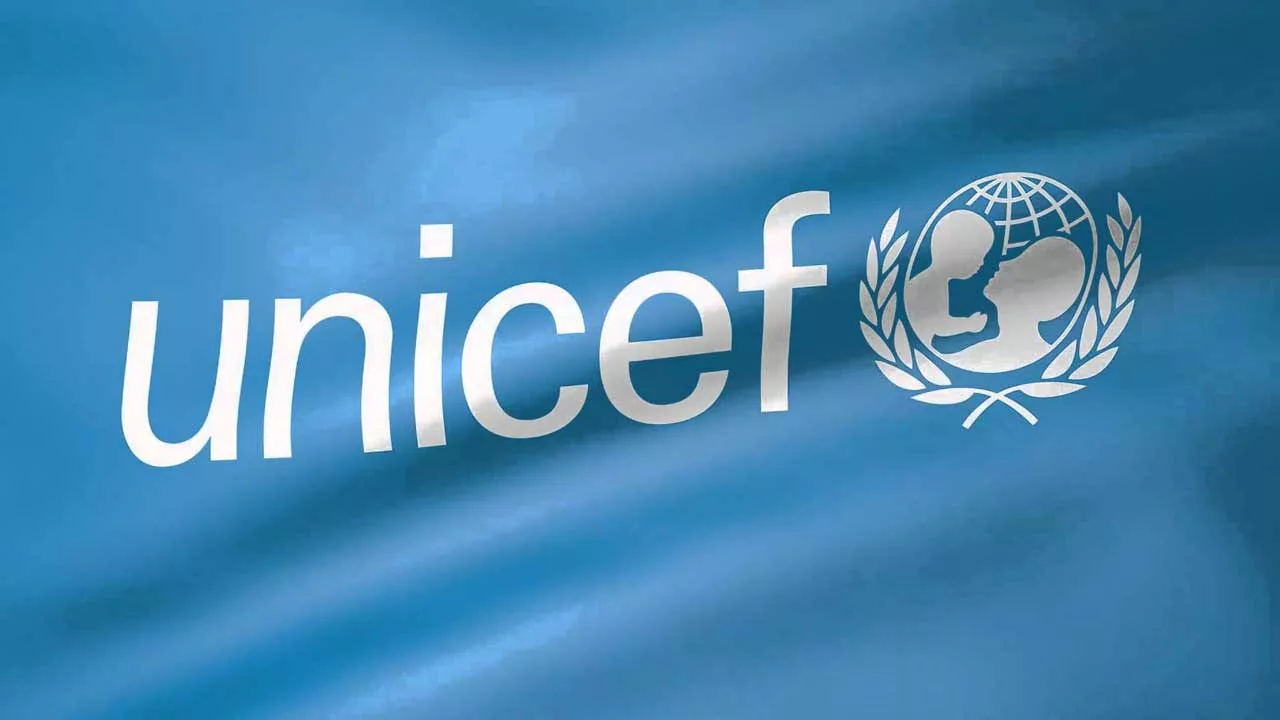While Africa is still struggling to deploy technologies, AI is being touted as the most transformative technology since personal computers and the internet.
The technology also shows promise to transform lives on the African continent which has struggled with multiple challenges that developed markets have made a distant memory.
The GSMA recently announced in its latest ‘AI for Africa: Use Cases Delivering Impact’ report that emerging AI applications could grow the African economy by $2.9 trillion by 2030 – equivalent to growing GDP of the continent by 3%.
At present, Africa only represents 2.5% of the US$16.5 trillion global AI market, showing plenty of space to grow and potentially lift millions of people out of poverty.
The industry body found that there are 90 use cases tapping into the technology that could drive socio-economic and climate impact.
The majority of these use cases relate to agriculture (49%), energy (26%) and climate action (24%).
Developed markets are scrambling to utilise Gen AI to deliver growth. Meanwhile in Africa, 98% of use cases are leveraging Predictive AI, a part of the AI branch that uses historical data to spot patterns and forecast future events.
For agriculture specifically, Predictive AI can be used to detect anomalies such as weather patterns, optimise crop yield, and predict food supply and demand.
There has been an increasing availability of data generated from remote sensing technologies, such as on-the-ground sensors, drones with high-resolution cameras, and satellites – all enabling the development of use cases on the continent.
But Africa’s AI journey is still in the “early stages” said Max Giacomelli, GSMA Head of Mobile for Development. Speaking to Developing Telecoms, Giacomelli highlighted many unique challenges the continent must overcome to tap into the hyped technology and change African economies for the better.
A key hurdle to the development of AI in Africa is the lack of infrastructure such as supercomputers and data centres.
“It’s behind in terms of the availability of hardware and computing, even though a lot of people are investing and building plans around that.
There are two supercomputers in Africa – one in Morocco and one in South Africa”, said Giacomelli.
“I hate to compare with India because it’s very different as Africa has 54 markets, but in terms of size of population and size of GDP they are rather comparable. In India, there were 18 supercomputers in mid-2023 with nine more being built.”
Speaking recently at the 4th edition of Nigeria Information Technology Reporter’s Association (NITRA) ICT Growth Conference themed “Impact of AI on National Development: Prospects, Policies and Challenges in Nigeria” key ICT media voices from broadcast, print and online platforms lent their thoughts to the subject matter of AI alongside other stakeholders in the ICT sector in Nigeria.
Hilary Damissah, a one-time member of the Senate Committee Media Advisory Group on ICT and Cyber Security, and DigiVation Editor stirred concerns about the natural anxiety Africa has, inclusive of Nigerians on the advent of any new disruptive technology like AI and sort to know the preparedness of the continent in terms of policy, security, and probable socio-economic effects of navigating the dangers of AI in a developing economy: the role of public and private stakeholders.
Mr. Oluwakayode Olatunji, the Chief Information Security Officer, Digital Encode, opined that while AI is evolving, Nigerians have to adopt its usage into daily activities and that AI will not take away human factor from the job market.
“It is not that primarily, AI will take your job. However, it’s just like a moving train. If you have your ticket with you and you don’t want to get on the train, it will leave you at that particular place, and you will become obsolete over time. AI is not there to actually take out the job. However, we also need to prepare ourselves spiritually, emotionally, and physically to ensure that we plug into the opportunities that it offers. It’s a wave, and that wave is continual,” he pointed out.
Vodafone Group CTO Scott Petty recently revealed the operator will be partnering with hyperscalers such as Microsoft and leveraging their infrastructure and software to deliver use cases that bring value to customers.
This partnership model can prove attractive to governments and companies that do not have the cash to invest in the necessary technologies, or possess the talent required to build effective AI models.
An age-old problem in Africa is energy availability, which has blighted the African continent with constant blackouts bringing local infrastructure to a standstill.
Adding energy intensive supercomputers and data centres to the mix poses a problem that must be tackled.
“Energy is going to be a problem because without reliable energy you won’t be able to run those advanced AI applications, but they can work the other way around – AI can help you model consumption needs for better efficiency,” noted Giacomelli.
Co-founder Hyperspace and NeuRal AI, Dr. Oluseyi Akindeinde, expresses the level of readiness of Nigeria in the area of possessing the requisite skills and capacity to embrace artificial intelligence.
He noted that, though Nigerians may not readily possess the skills at this point in time. However, it is a growing trend that doesn’t necessarily require a certification for its adoption, deployment, and use.
“AI is a general-purpose technology. It is a piece of technology that can be used across several industries, just like the internet. You need the skills, you need the knowledge, you need the understanding of the technology that you are going to be dealing with, so the skills required will be built over time as we cannot afford to wait and be left behind,” he expressed.
“When a new piece of technology comes to be, it brings about newer jobs that we don’t even know. AI will take some jobs away; especially manuals, but it will also create newer jobs that even people within this sector can delve into. So, we need to upskill our knowledge, not just for computer scientists and IT people but also for people in law, medicine, mass communication, education, and health, among others he added.
The increased burden on the power sector, driven by the energy demands of AI infrastructure, calls for national strategies and roadmaps that account for the energy demands of the infrastructure underlying AI; ideally those should be ‘green’ approaches.
Another key challenge is the availability of smartphones on the continent. According to analyst house Canalys, smartphone shipments in Africa grew 6% year-on-year to 68.7 million units in 2023. Shipments surged 24% year-on-year in Q1 2024, to 18.2 million units. Canalys predicted 4G smartphone penetration in Africa will reach 75% of the population in 2025.
The GSMA stated in its own forecast that smartphone penetration will reach 88% by 2030; in 2022 just over half of Africans (51%) had a smartphone. Smartphones drive digital transformation and socioeconomic advancements, and for AI it creates new opportunities in AI-developed services.
Giacomelli noted that smartphones are vital because they can help take some load off massive infrastructures such as data centres, by way of edge computing.
“Instead of having AI applications run by supercomputers and GPUs centrally a lot of computing is happening on the device. But the issue there is the requirement for higher end smartphones with the right chipsets. But then you’re hitting a new hurdle in Africa, there are more smartphone users today but this base might not have devices that have the ability to provide this kind of additional power,” said Giacomelli.
Despite the massive challenges that lie ahead for the African AI market, Giacomelli called for trust in African talent to innovate, using AI to potentially grow the continent’s GDP by almost $3 trillion.
He highlighted a startup based in Nigeria called Crop2Cash as an example of a successful use case of AI in Africa. Crop2Cash specilaises in bringing small scale farmers into the digital world through solutions that enable them to sell crops and be paid more efficiently.
Most vital of all, its platform builds a credit profile for farmers, enabling them to take out loans for equipment to boost productivity.
The startup is “lowering the barriers” to its platform by using AI to enable farmers with no smartphone and low literacy to tap into their services more easily.
“You have to trust Africans to seek solutions around these issues,” said Giacomelli. “AI applications will help with food security and build more sustainable income for farmers small entrepreneurs. I see AI as a great tool that will strengthen areas such as agriculture and energy that have been developing for quite a few years.
“I’m personally very excited that Africa will leverage this technology in its own way, not just to create purely commercial solutions, but commercially sustainable solutions that have a strong social economic impact,” concluded Giacomelli.
.png)
 22 hours ago
7
22 hours ago
7









 English (US) ·
English (US) ·